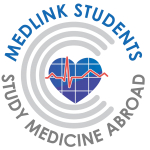
Located in: Georgia
















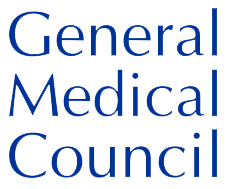





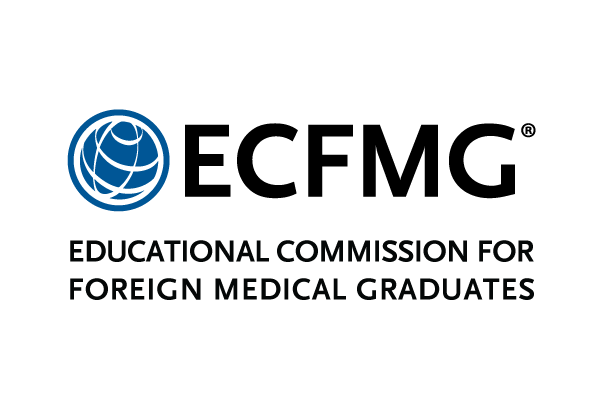



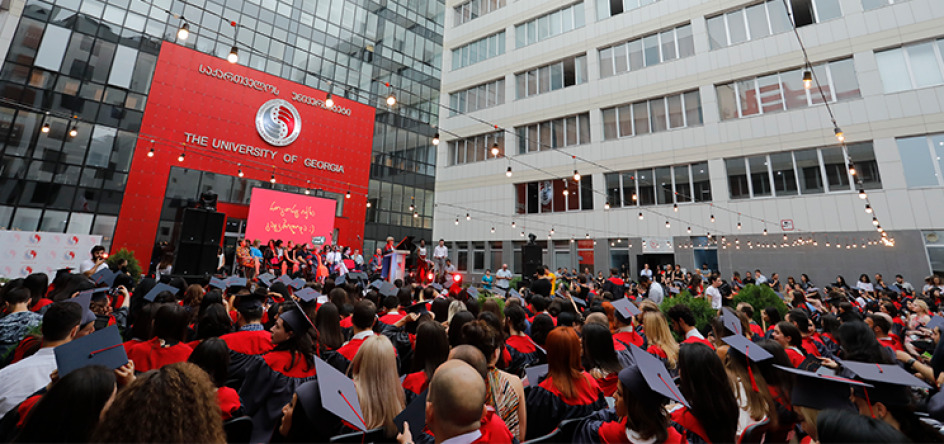

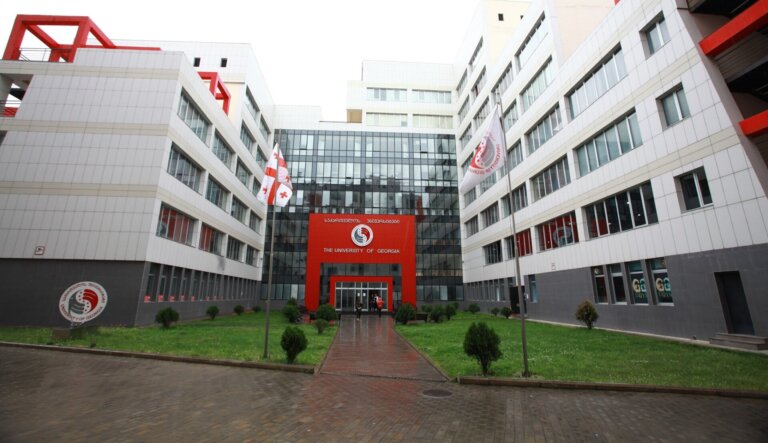

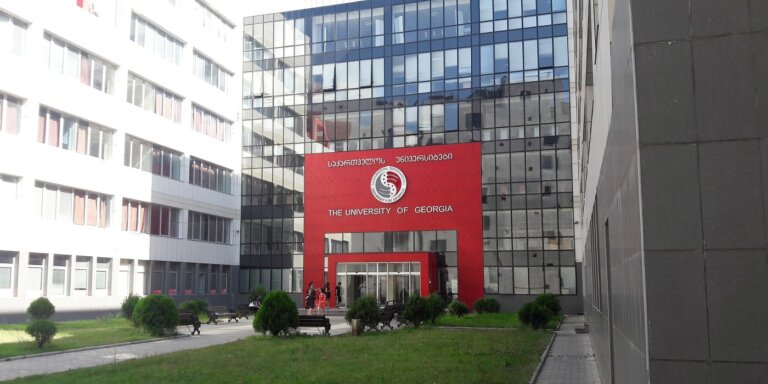

University of Georgia is the largest private university in Tbilisi, Georgia. Established in 2004, today, it's well-known for providing high-quality education to local and international students. The university has programmes in business, medicine, technology, humanities and social sciences with bachelor’s and master’s degrees.
Many international students choose this medical university because of the variety of teaching and evaluation approaches. Future doctors have the opportunity to master theoretical knowledge and practical skills.
The university's degrees are globally recognised, which makes the University of Georgia an appealing option for everyone who wishes to study medicine in English abroad.
Studying at the University of Georgia is a remarkable journey through the medical world. UoG is distinguished by its disciplined educational process and modern infrastructure, enabling its students to acquire quality education and practical skills. For this reason, the University is in the leading ranks of regional educational institutions and is well-known for being dedicated to the professional and personal growth of every student.
Offering a thought-provoking and diverse set of disciplines, UG is the place where knowledge is created and acquired. The academic personnel of the university is staffed with highly qualified, well-experienced and creative professionals dedicated to teaching creatively and with enthusiasm, helping raise young professionals with a demonstrated commitment to the public.
While simulators are exciting and can teach many new skills, nothing beats real-life experience. And the major clinics that cooperate with the university provide plenty of it. Students will face real situations with actual patients and get a taste of what it means to be a doctor.
The university is among the leading medical schools in Georgia, and it's constantly growing and developing extracurricular activities and research. Every technology and literature matters when it comes to medicine and the growth of the student’s knowledge.
Currently, the university has Medicine and Dentistry programmes fully taught in English. As in most European universities, the medical course grants a Medical Doctor (MD) degree, and the dentistry programme a Doctor of Dental Medicine (DMD) degree, after successful graduation.
There is no Graduate Entry program offered at The University of Georgia.
The university address is 77, M. Kostava Street, 0171, Tbilisi, Georgia.
University of Georgia’s students is well-prepared, allowing them to participate constantly in medical championships and competitions. Aspiring doctors here can compete for cash prizes, though travelling worldwide to acquire new medical skills and knowledge is a sufficient reward.
The university promotes a healthy lifestyle and offers excellent infrastructure to actively practise sports and fitness. Students can enjoy various indoor and outdoor sports facilities as well as tennis courts and a well-equipped fitness centre – UG GYM. The variety of opportunities allows students to try themselves out in volleyball, basketball, football, tennis, rugby and other sports.
In addition, students are encouraged to unite around a common interest to come up with and receive funding for creative projects that contribute to the availability of various social and cultural as well as adventurous and unforgettable activities.
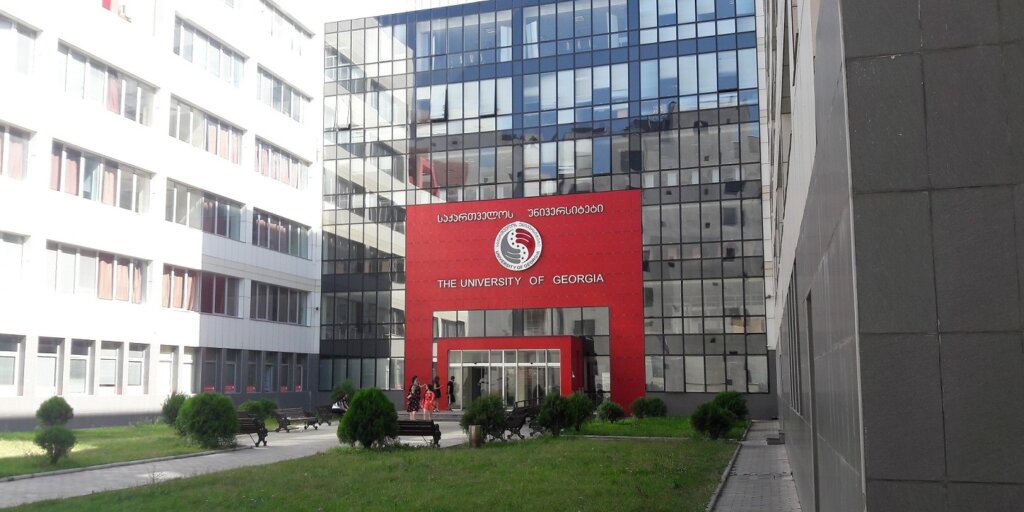

The University of Georgia charges international students in USD. The annual fee for the 6-year MD programme is , and the dentistry course is held for 5 years at the cost of per year and pharmacy course costs
The MD and DMD programmes aim to prepare you to meet modern standards. To rely on the principles of evidence-based medicine, use qualitative research ethical and communication skills, establish themselves, and develop professionally in an environment that is constantly changing.
For international students wanting to study in English, the entry requirements are:
The following certificates can prove the knowledge of the English language (B2): TOEFL, IELTS, FCE and CERTUS. If the applicant does not have the above-mentioned certificate, the English language competence will be tested on the university exam.
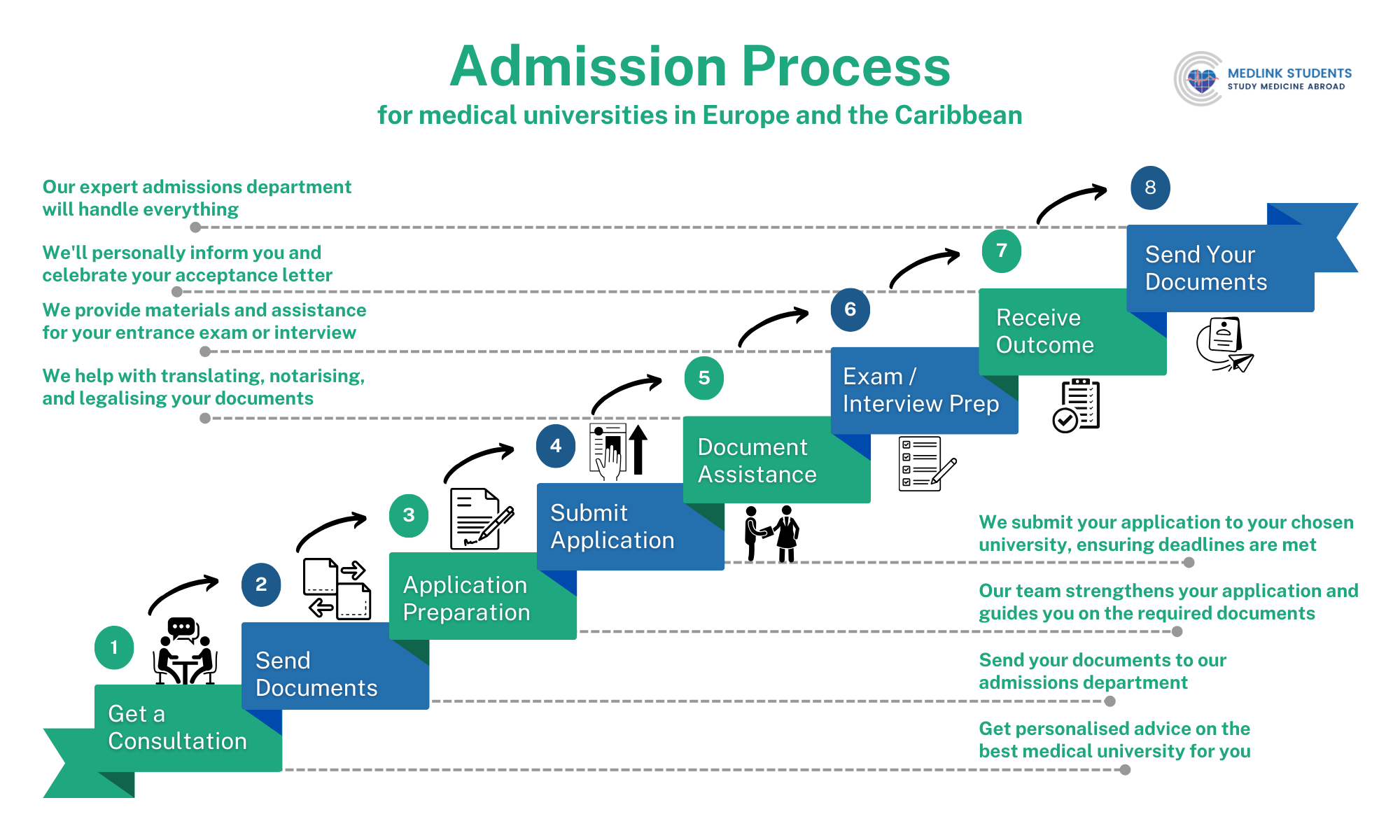

Going through the intricate regulations that medical universities have for international students can be difficult and exhausting. Consider University of Georgia (UoG), for instance, which has a comprehensive list of application requirements such as documents that require translating, legalisation procedures, and notarisation specifics. Non-compliance with these rules can result in your application being rejected. However, with Medlink Students, we simplify this complex process by taking charge of your application from start to finish. We maintain strong relationships with UoG and our expert advisors possess a thorough understanding of the application process. We know precisely what this esteemed medical university is seeking in a perfect candidate and will ensure that you submit a top-notch application that secures your acceptance. By choosing Medlink Students, you sidestep the confusing aspects of applying to a foreign medical school, giving you the ability to focus on what truly matters - preparing for exams and launching your promising medical career.


Graduating from this medical university means obtaining a globally recognised diploma and the right to continue your studies or practice in your preferred country.
The University of Georgia is recognised and accredited by the following Governing bodies :
The university offers hostel services divided into girls-only and boys-only dormitories. The facilities have beds, desks, chairs, air conditioning, and central heating.
Private accommodation is also a great option. The cost of living in Georgia is very affordable compared to Western European countries. A single-bedroom apartment costs between and per month, depending on the location. Monthly living costs are another per month in Tbilisi.
Tbilisi is an old and intricate city to explore. It was established 1,300 years ago to serve as the new capital of the Iberian king, who needed a town that was easy to defend. Tbilisi’s location in the Caucasus mountains along the Mtkvari river was a purely defensive choice, but the consequences 13 centuries later are genuinely spectacular.
The capital stretches on both sides of the Mtkvari, which cools the air during the hot Georgian summers. Meanwhile, the roads wind around the hills of the Lower Caucasus, and each climb upwards rewards you with the glorious sights of the city.
Speaking of sights, Tbilisi has plenty of those, both natural and man-made. The Old Town has architectural marvels like Orthodox cathedrals, public libraries, theatres, and the breathtaking Parliament. Bridges are another sight in Georgia, and young students feel pleased to place love lock charms on them. It is a common sight, considering the student population in the city.
Local universities claim 35,000 students, and about 5,000 are international students. Each school has its international community, but there are city-wide clubs and groups with no affiliation limits for participants.
Naturally, the local nightlife is booming with so many young people. International DJs are a common sight in the local clubs, and fans of subtler delights can always find comfort in the local cuisine and the millennia-old wine tradition.










The University of Georgia is accredited by the Foundation for Advancement of International Medical Education and Research (FAIMER). In addition, MCI (Medical Council of India), WHO (World Health Organisation), and ECFMG (Educational Commission for Foreign Medical Graduates).
Yes, the university offers a dentistry programme in English.
Yes, for more information, don't hesitate to get in touch with one of our expert advisors.
The university is located in Tbilisi, Georgia. The city straddles the Mtkvari River and lies in the South Caucasus mountain range. The university’s address is 77, M. Kostava Street, 0171, Tbilisi, Georgia.
The tuition fees for medicine are around per year (6 years). Dentistry costs approximately per year and pharmacy course costs
Yes. You can study general medicine and dentistry in English.
Yes, there is an entrance exam.
Students need a secondary school diploma and an English-proficiency certificate for non-native speakers.
University of Georgia offers expert instructors, modern facilities, and international recognition of the degree. Last but not least, aspiring doctors enjoy exciting extracurricular and leisure activities, such as field trips, parties, and scientific competitions.